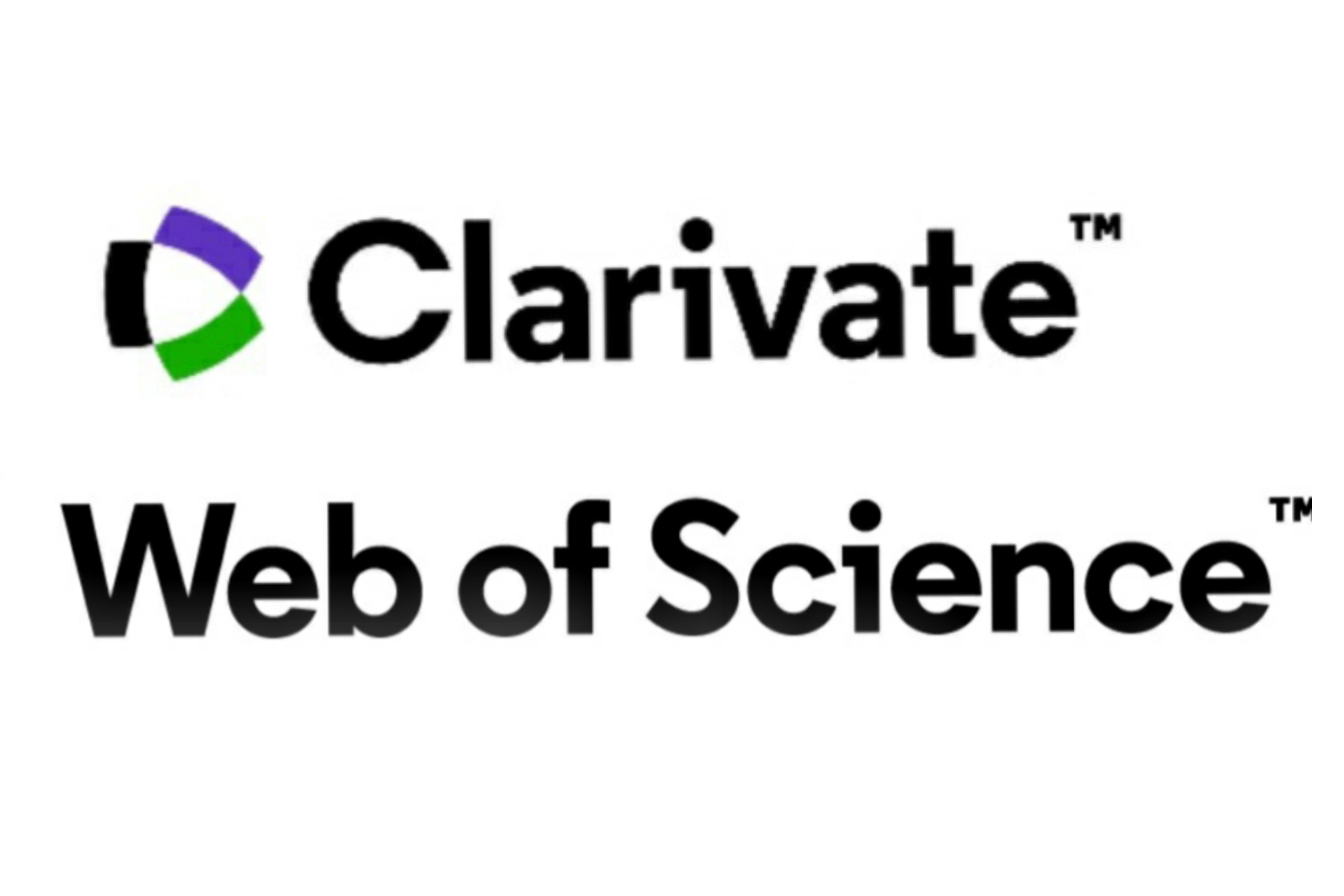About gauge equivalent of the generalized Landau-Lifshitz equation
Keywords:
spin system, soliton, inverse scattering transformation, integrable systems, compatibility condition, Lax pairAbstract
In mathematics an inverse scattering transformation is a method for solving some nonlinear equations with partial derivatives. Discovering of the method became one of the crucial events in mathematical physics in the last 40 years [1]–[6]. The method presents a nonlinear analogue, in a sense generalized Fourier transformation, which is applied to solve a lot of linear equations with particular derivatives. Title "inverse scattering problem"is originated from key idea of recovery time evolution of the potential from time evolution its scattering data: inverse scattering is related to the problem about recovery of the potential from its scattering matrix, in difference from direct scattering the problem of finding a scattering matrix of potential. The inverse scattering transformation can be applied to many co-called exactly decided models, i.e. completely integrable infinite systems. Firstly it was presented by Clifford S. Gardner, John M. Greene and Martin D. Kruskal and others (1967, 1974) for Korteweg de Vries equation, and soon spread to nonlinear Scrodinger equation, sine-Gordon equation and Toda chain equation. Later the method was used to solve many another equations, such that Kadomtsev-Petviashvili equation, Ishimori equation, Dime equation etc. Characteristic property of solutions obtained by inverse scattering method is existence of solitons, solutions reminding as particles as waves, which do not have any analogues for linear equations with particular derivatives and are applied to nonlinear optics and plasma physics, and its quantum version describes many-particle system with б-shaped interaction.
References
[2] R. Myrzakulov, G.K. Mamyrbekova, G.N. Nugmanova, M. Lakshmanan. // Phys. Lett A. - 2014. - V. 378, -P. 2118.
[3] Myrzakulov R., Mamyrbekova G. K., Nugmanova G. N., Lakshmanan M. Integrable (2+1)-dimensional spin models with self-consistent potentials // Symmetry. - 2015. - V. 7(3), -P. 1352-1375.
[4] Zh. Zhunussova. Nonlinear PDE as Immersions // Proceedings of the 9th ISAAC Congress, Springer, Series: Trends in Mathematics, ISBN 978-3-319-12576-3, - 2015. -P. 289–297.
[5] Zh. Zhunussova. About domain wall solution of the integrated spin system // KazNU Bulletin, ser. math., mech., inf. - 2014. - No 2(81). - P.46-51.
[6] Yersultanova Z.S., Zhassybayeva M., Yesmakhanova K., Nugmanova G., Myrzakulov R. Darboux Transformation and Exact Solutions of the integrable Heisenberg ferromagnetic equation with self-consistent potentials // International Journal of Geometric Methods in Modern Physics. - 2016. - V. 13. -P. 1550134.














